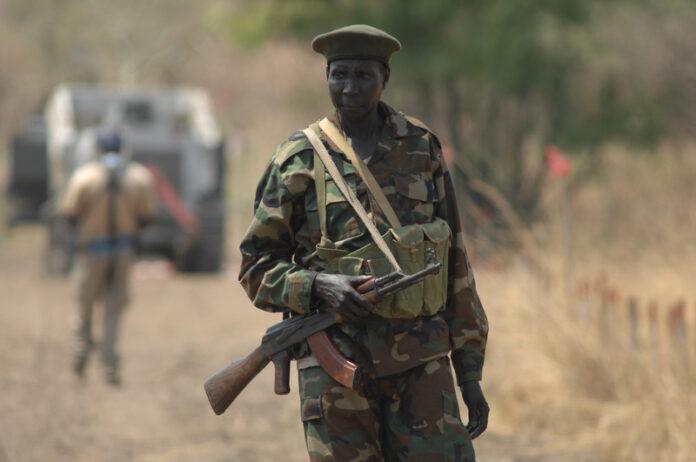Over the February 3-4, 2024 weekend, the Abyei region, a disputed oil-rich area claimed by both Sudan and South Sudan, witnessed severe clashes leading to the deaths of 37 people.
Located along the border of South Sudan and Sudan in Northeast Africa, Abyei spans approximately 4,067 square miles. The region’s strategic and economic importance has been a long-standing cause of territorial conflicts.
The recent outbreak of violence was concentrated in the Rum-Ameer, Alal, and Mijak counties. Young armed men from the Warrap state of South Sudan, backed by followers of Unity state’s spiritual leader Gai Machiek, were involved in the clashes.
The conflict led to 19 deaths on the first day and 18 on the following day, including four women and three children. Additionally, about 1,000 cattle were stolen during the skirmishes.
These violent incidents occurred just a week after another conflict in the same region claimed the lives of 52 individuals, including a UN peacekeeper, underscoring the ongoing land dispute issue.
Since the 2005 Comprehensive Peace Agreement, which concluded the Second Sudanese Civil War, Abyei has held a special administrative status. However, control of the region remains a subject of contention, particularly between the Twic Dinka tribe from Warrap State and the Ngok Dinka from Abyei.
Despite its substantial oil reserves, production in this region has been declining due to continuous instability. The geopolitical significance of Abyei remains high, even as disputes continue to hamper its potential.
The United Nations Interim Security Force (UNISFA) has been deployed to Abyei with the goal of mitigating tensions. However, the recent spike in violence highlights the challenges in maintaining peace in this disputed region.
The conflict in Abyei has been further complicated by the involvement of ethnic militias and accusations against spiritual leaders like Machiek for stirring up violence. Both South Sudan and Sudan continue to claim sovereignty over Abyei, making a resolution elusive.
The Ngok Dinka people of Abyei lean towards South Sudan, while the Misseriya nomads, who use Abyei for grazing, align themselves with Sudan. The Abyei Special Administrative Area has condemned the recent “terrorist attacks” and “heinous killings,” highlighting the recurring issue of ethnic violence in the region.
This violence not only undermines peacekeeping efforts but also threatens wider peace processes aimed at resolving the ongoing disputes between South Sudan and Sudan. As the future of Abyei remains uncertain and both sides show little inclination to relinquish control, the ongoing violence poses a risk to the fragile peace and to civilians caught in the crossfire.
Amidst the global challenges of our time, the role of the international community in mediating these disputes and supporting sustainable peace initiatives is crucial. These actions aim to prevent further loss of life and ensure that the crisis in Abyei does not fall into oblivion.


